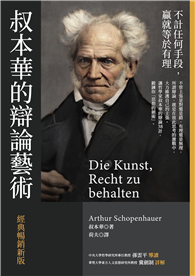Rejecting much of mainstream economic theory for being too passive, this book argues that the innovative and unpredictable nature of economic phenomena is better understood with analytical devices, which allow for more creative and participatory analysis. As is demonstrated, this has significant implications for our understanding of production, money, and finance.
The book introduces the concept of "production commitments" the expectation of a producer that others in the chain will produce their corresponding output. This expectation forms the basis of all specialized production in the economy. And being at the center of the process of specialization, production commitments are the most basic form of finance. Unless they are purely redistributive, money and monetary financial assets are valuable to the production process as long as they represent outstanding production commitments. It is also demonstrated that this new way of looking at finance is better grasped with an input-output framework than with the traditional probabilistic two-factor general equilibrium approach. By combining the Sraffa-Pasinetti approach to "expectation" with G.L.S. Shackle’s "potential surprise function", the book posits an alternative to the standard modern portfolio theory view of finance. Understanding production commitments through the Sraffa-Pasinetti framework also allows for an assessment of the compatibility between outstanding financial assets and a given or expected structure of production.
This book will be of great interest to readers of post-Keynesian economics and other alternative approaches to economic theory, production, and financial economics.












